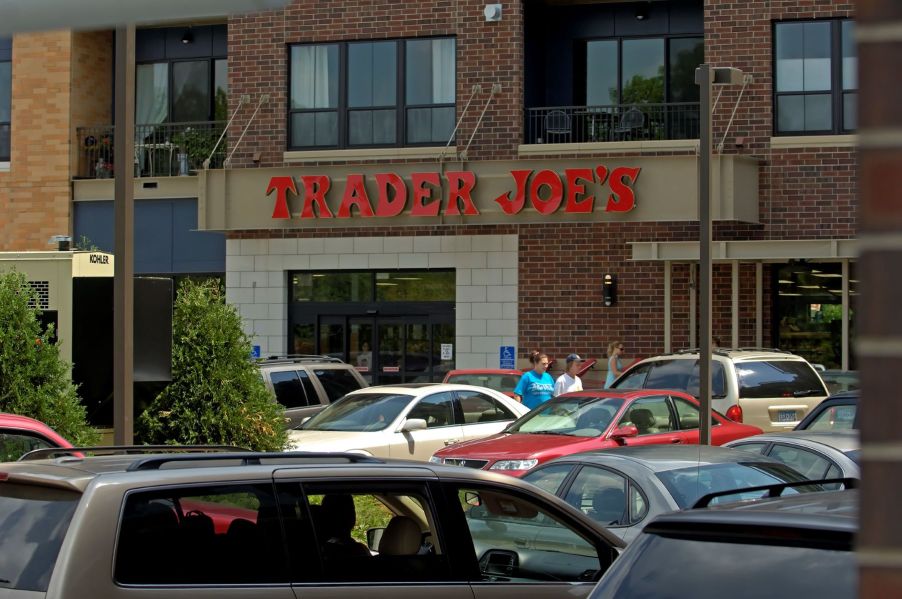
How Much Does It Cost to Charge an Electric Car at Trader Joe’s?
Every one in 10 people here in America owns an electric vehicle. Most famous businesses with a good history of consumer satisfaction support electric cars by offering charging stations for their customers.
An EV is better when compared to a vehicle that uses gasoline since electric cars do not produce any harmful emissions into the environment. Hence, electric vehicles are undoubtedly the best solution for environmentally friendly travel. So, how much does it cost to charge an electric car at Trader Joe’s?
There are three different charging levels for EVs
EV owners all pay different prices to charge their electric vehicles. This is a result of the different charging levels for electric cars. NeoCharge confirms that there are three charging levels for electric vehicles. Level 1 is the first charging level, making it convenient for home use since it uses a standard 120-volt alternating-current plug. At this level, EVs usually take more than 30 hours to fully charge.
EV Town claims that for Level 2 charging, electric cars take 4–6 hours to be fully charged. Typically, this is faster than Level 1 charging. This is because Level 2 chargers operate on 240V alternating current. Level 2 chargers can be found both in households and in commercial settings.
Lastly, there is Level 3 charging, or DC Fast Charging, which is the fastest available level for charging an EV. Only businesses can have this charging level since it operates on a 480V direct current. Electric vehicles can charge to 80% in just slightly over 20 minutes with this fast charger.
The Tesla Supercharger is also a type of Level 3 charger that charges your EV halfway in just 20 minutes. However, this is only available for Tesla models. InsideEVs says that the Tesla V3 Supercharger delivers the most power and takes 63.5 minutes to fully charge a Tesla.
Is it costly to charge an electric car at Trader Joe’s?

A variety of charging stations have been made available in businesses here in the United States. According to the U.S. Department of Transportation, most plug-in hybrid electric vehicles cannot use Level 3 chargers. Therefore, most businesses have installed more Level 2 charging stations. Level 3 charging will also cost more than Level 2 to both install and use because the stations require more power.
Businesses like Trader Joe’s often set the cost and charging rates of stations located on their property. However, you can get a discount on your charging costs by signing up with charging stations such as ChargePoint to get discounts of up to 30% off the average price each time you charge your electric car. Apart from a $0.99 flat rate, ChargePoint has four different charging rates depending on the charging period: $0.37 per kWh between 12:00 a.m. and 7:59 a.m., $0.47 per kWh between 8:00 a.m. and 3:59 p.m., $0.56 per kWh between 4:00 p.m. and 8:59 p.m., and $0.47 per kWh between 9:00 p.m. and 11:59 p.m.
Therefore, the time you visit your preferred Trader Joe’s outlet determines how much you’ll have to pay to charge your electric vehicle.
Trader Joe’s is expanding access to EV charging points
Since electric cars are becoming a fashionable trend, new charging stations are being continuously added to businesses. Trader Joe’s has begun expanding the number of EV stations around its branches, for example, in Santa Cruz, where the SantaCruzSentinel reveals that Trader Joe’s has already added four charging stations in its branch.
According to Lookout, at least 1,250 EV charging stations are estimated to be available in the city of Santa Cruz by 2030. It is possible to know whether your local Trader Joe’s has a charging station using EV charging map applications such as the PlugShare app. Such applications help map the closest EV charging station and can even help you track the progress of your EV while you are shopping.



